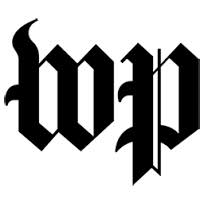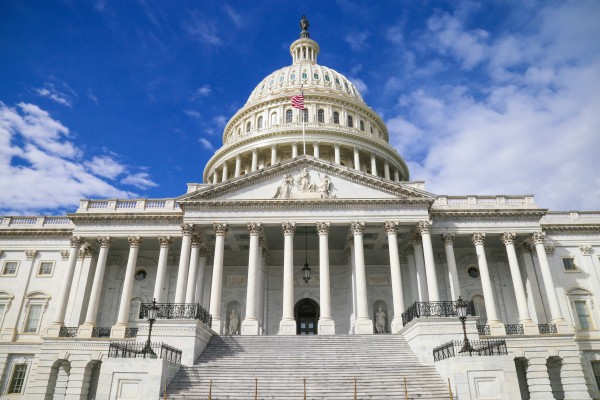Congress needs to resist calls from private equity executives to gain access to pandemic-related bailout programs. Private equity-owned firms are not comparable to ordinary small businesses, who cannot draw on deep-pocketed Wall Street owners who could support them if they chose to do so. Private equity (PE) funds are pooled investment funds managed by Wall Street firms that purchase operating companies. Prominent examples of private equity-owned portfolio companies include Toys ‘R Us, Shopko, and TeamHealth.
The track record of private equity funds demonstrates that these firms will wherever possible seek to divert income streams, including government support, to wealthy private equity executives rather than supporting employment and customer service at portfolio firms.









